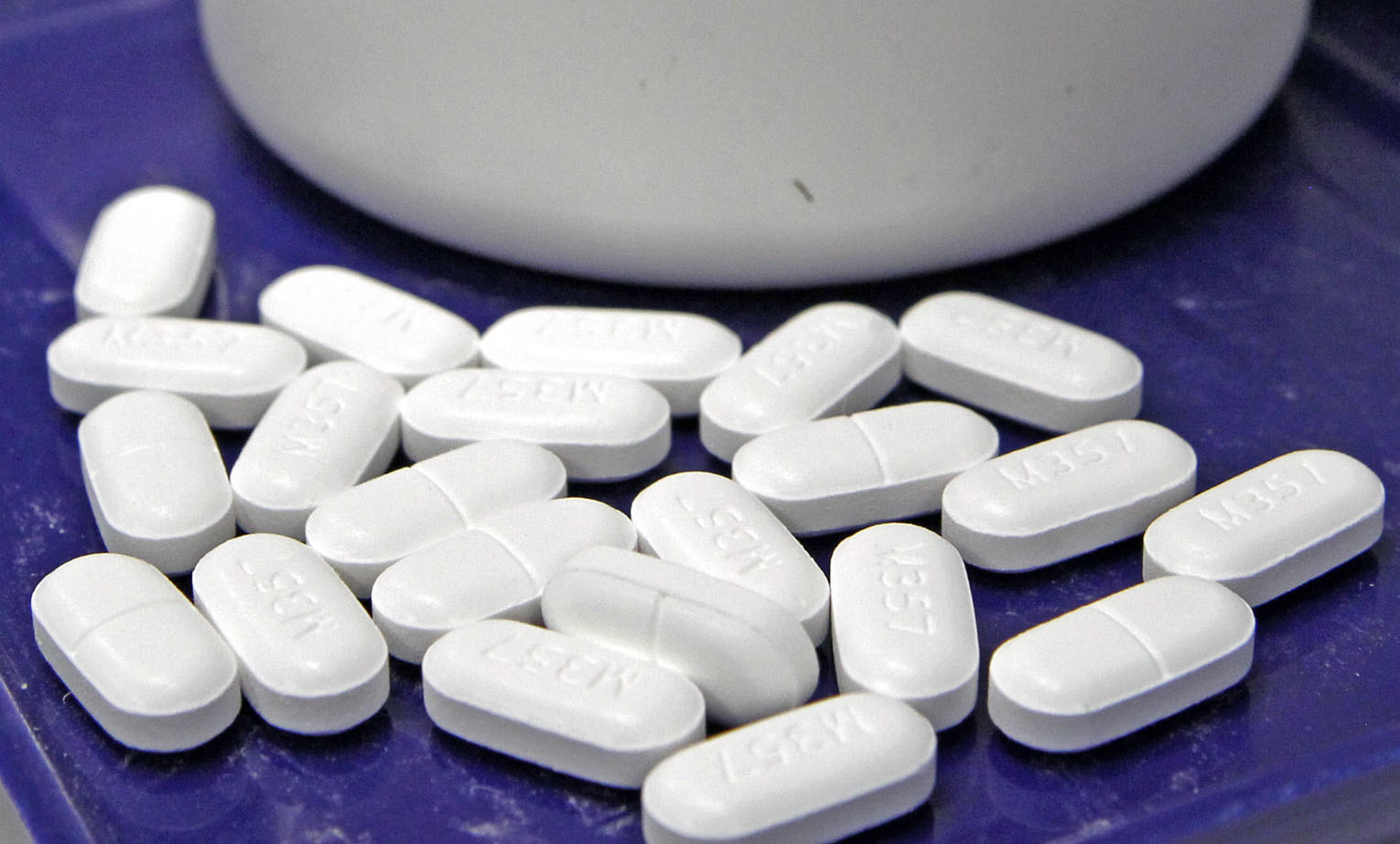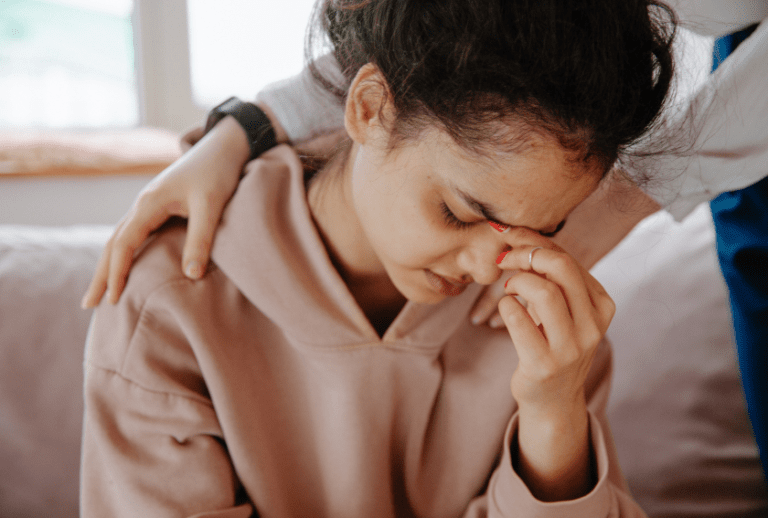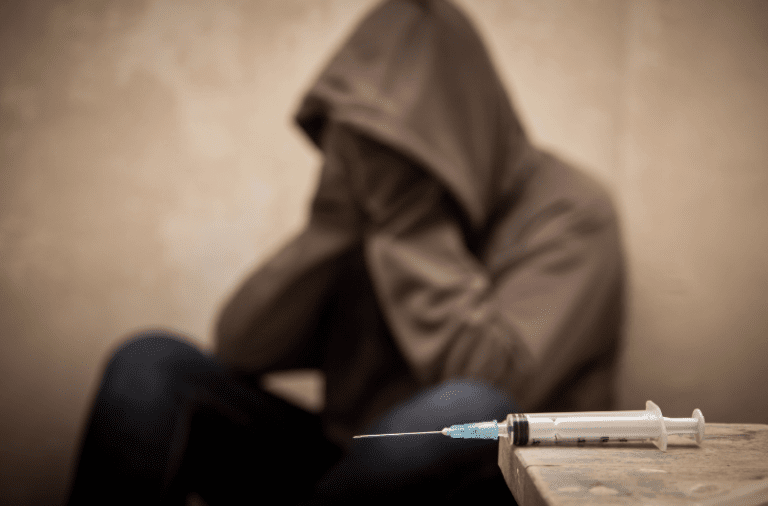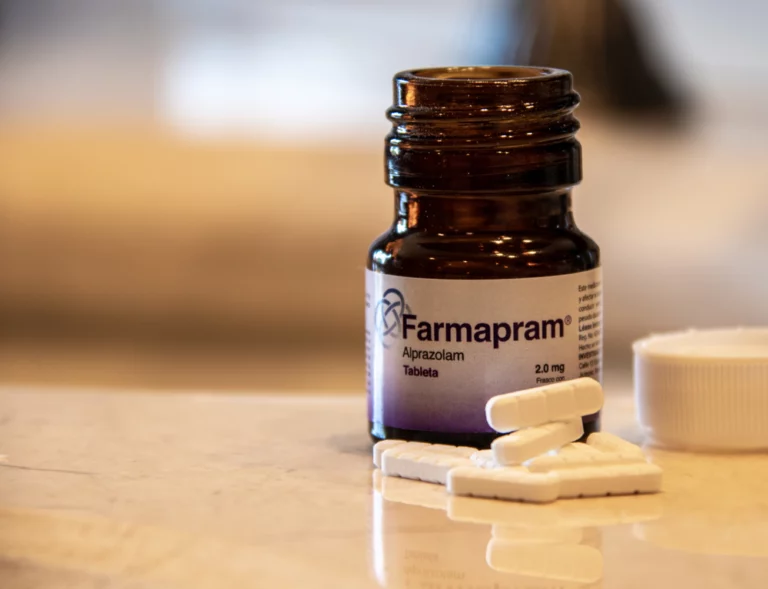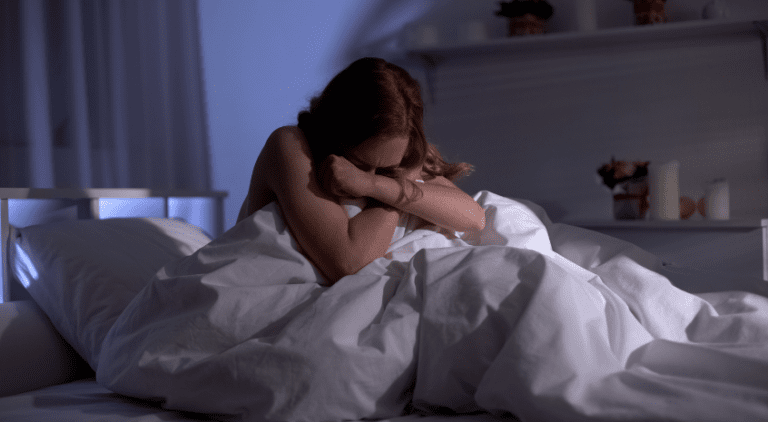How Addictive Is Vicodin?
Vicodin is a prescription opioid medication that contains acetaminophen and hydrocodone. It is used to treat moderate to severe pain. The hydrocodone in Vicodin is a synthetic opioid, which activates the same neurotransmitters as opiate drugs, such as heroin.
How Addictive Is Vicodin?
Vicodin has a high risk for addiction and dependence. Until 2014, Vicodin was in the Schedule III class of drugs, which are defined as drugs with a moderate to low potential for physical and psychological dependence. Due to rising misuse, in October 2014 the Drug Enforcement Administration (DEA) moved hydrocodone combination products, including Vicodin, to Schedule II. Schedule II drugs are defined as drugs with a high potential for abuse, with use potentially leading to severe psychological or physical dependence. Schedule II drugs are considered dangerous.
Vicodin is one of the most commonly abused medications today, in part because it is also one of the most commonly prescribed painkillers. Vicodin is often prescribed to treat dental pain, injury-related pain, or post-surgery pain. Many people start out taking Vicodin as prescribed, then become addicted to it. They then may seek out Vicodin or other prescription painkillers illegally or turn to other drugs, such as heroin or fentanyl to satisfy their craving. The prescription to addiction pipeline has impacted millions of people and contributed largely to the ongoing opioid epidemic.
In the year 2013 alone, over 207 million prescriptions were written for opioid pain medications. In 2019, an estimated 10.1 million people aged 12 or older misused opioids, and 9.7 million people misused prescription pain relievers.
Warnings Signs of Vicodin Addiction
Addictions to prescription drugs can sneak up on people, and it can be easier to justify taking a substance that a person is legally prescribed. However, addiction does not discriminate, and just because a person is prescribed medication does not mean they are immune to becoming dependent and suffering the pain and consequences that addiction can bring. If you are prescribed a medication known to be highly addictive, speak with your doctor about questions or concerns.
Common warning signs you are addicted to Vicodin may include:
- Frequently craving Vicodin
- Experiencing withdrawal symptoms when you haven’t taken Vicodin
- Unsuccessful attempts to decrease the amount of Vicodin you are taking
- Self-isolation
- Taking more Vicodin in a way other than prescribed
- Taking Vicodin that you are not prescribed
- Lying or attempting to hide your Vicodin use
- Neglecting responsibilities
- Financial, relational, physical, emotional and/or legal consequences in relation to taking Vicodin
- Obsessively thinking about Vicodin
What To Do If You Are Addicted To Vicodin
If you suspect that you or a loved one is addicted to Vicodin, it is important to promptly seek help. Luckily, there are many resources available to help people struggling with addiction to enter recovery. 12 step recovery groups like Alcoholics Anonymous and Narcotics Anonymous are free of charge, easily accessible, and open to everyone. There are meetings available all over the world, as well as online. For more information, check out www.aa.org.
Another option when seeking help for addiction is going to rehab. One of the great benefits of rehab is that it removes a person from the environment of their drug use, and separates them from the responsibilities, stressors, and triggers of everyday life. Rehab can be expensive, and an inpatient program will require full-time attendance, but many rehab facilities accept insurance or offer other payment plans. Some also offer scholarships to those in need who could not otherwise attend.
Need Help With Addiction? We Can Help
Addiction can affect anyone. If you or a loved one are currently living with addiction or alcoholism, help is available! We encourage you to reach out to the professionals at Oasis Recovery to learn more about our personalized treatment programs and mental health services. Oasis Recovery was founded from firsthand experience of addiction and recovery, with a mission of providing a space where people can heal from addiction in a compassionate, creative, open-minded, and heart-centered environment. We believe recovery is always possible. Our experts work with you to design a treatment plan that fits your needs. Common treatment programs include:
- Intensive Outpatient Programs (IOP)
- Full-time Addiction Treatment on campus
- Aftercare Services
Contact us today for more information about how our programs and services can help you get your life back on track.



